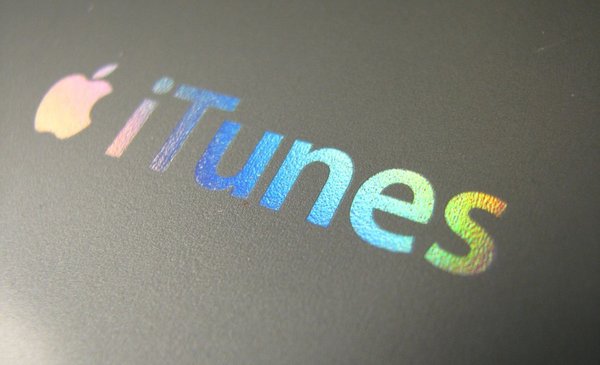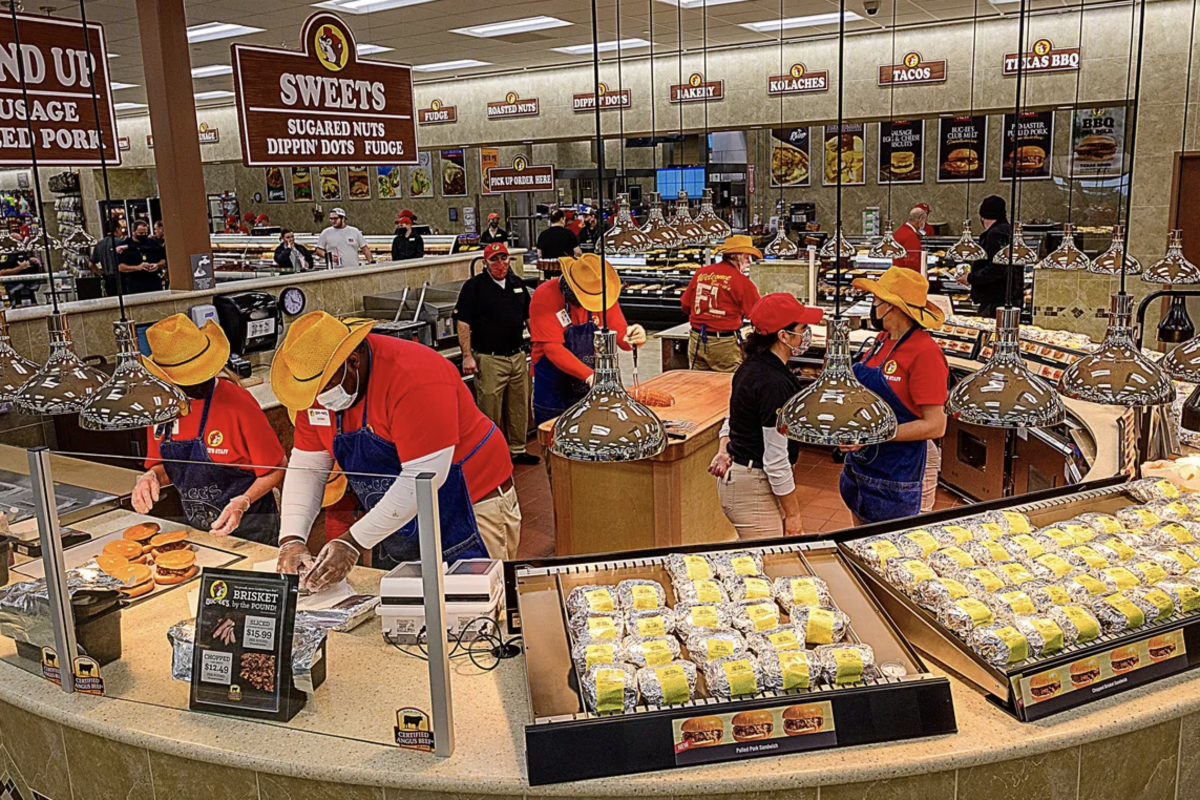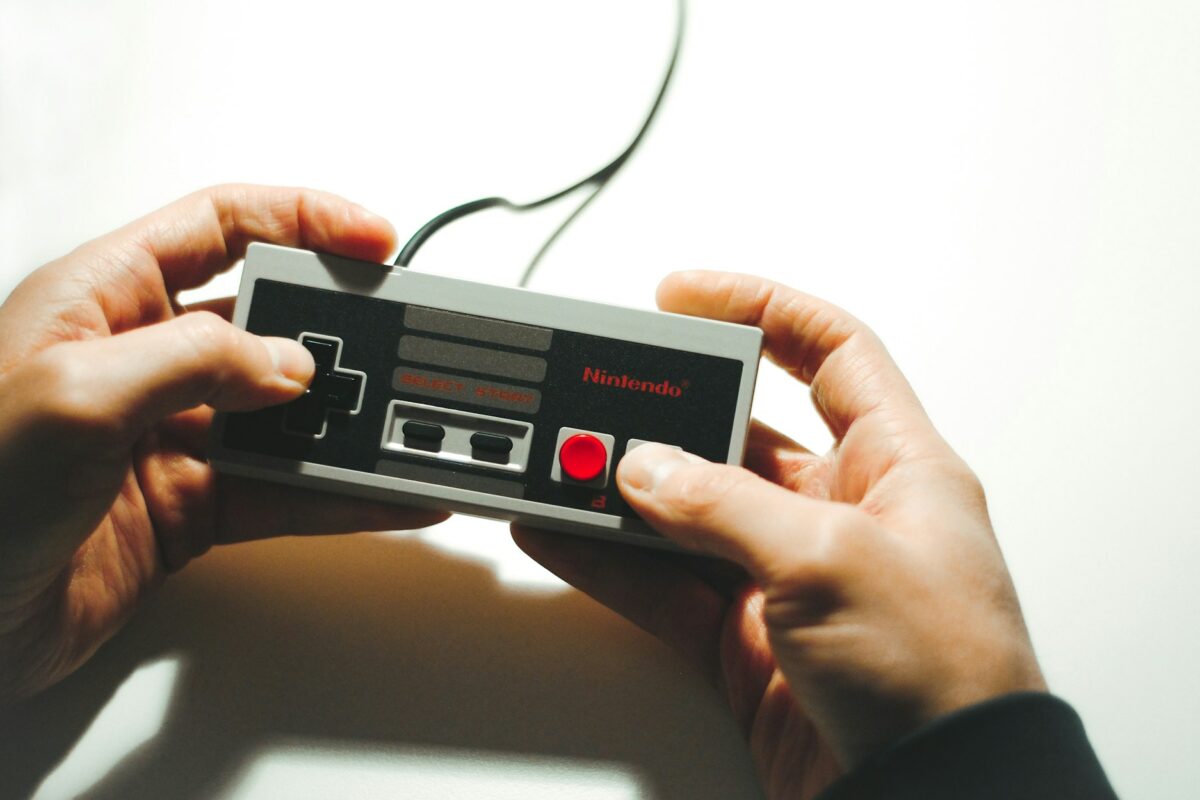
I love Italians because they have better words than us. Not just better-sounding words, but just generally better words. Let me give you an example. The Italian word for positioning statement is posizionamento. How much cooler is that?
Here is another example. My favorite word is sprezzatura. It means making difficult things look easy. It’s an awesome word that does not even have an English equivalent. But if it did, it would be a word commonly associated with iTunes. In April 2003, Apple launched its incredibly successful music-download site and made it all look so easy. So much so, that a host of idiotic competitors have gone charging after it ever since, only to fall flat on their red faces.
For four entertaining years, a cavalcade of big brands has been blowing millions creating ‘rivals to iTunes’, launched with all the sound and fury ‘big marketing’ can muster, but fizzling and dying a few embarrassing months later with a three-line press release.
Barely six months after iTunes came Dell. The computer brand produced a very uninspiring music-player and partnered with Musicmatch for two years before an almost total lack of customers persuaded it to get out of the MP3 player business before it had ever really got into it.
Next came Coca-Cola’s mycokemusic. In the UK, the Coke site actually preceded iTunes and offered British punters 250,000 songs with individual tracks costing from 80p. By 2006, Coke realized that if you can’t beat them, join them. It closed the site and started to partner with iTunes.
In May 2004, Sony launched Connect, its music-download site, with a live in-flight concert from Sheryl Crow. In March of this year Sony finally admitted defeat and closed Connect after four painful years of failure. Sony makes music and MP3 players, but can’t do both at the same time successfully.
Despite not having a track record in either business, Stelios was not far behind. In 2005, he launched easyMusic.com. Remarkably, the site remains live, but if you try to download an album, you are transferred to CD WOW!, where your ‘download’ will take three to five days and be burned onto a CD. In other words, it is neither easy’s nor a download site anymore.
In September 2005, less than a week apart, we had two equally loopy British attempts to ‘take on iTunes’. Virgin was first out of the blocks with its Virgin Digital service. ‘It is so user-friendly even I could use it,’ raved Richard Branson. But nobody else bothered and the site was shut down two years later. HMV also pegged its future on a new download service in 2005 that would make it easier for older, less tech-savvy consumers to get their music on-line. ‘How many customers know that in buying an iPod, they’re effectively locking themselves into a walled garden?’ asked HMV’s director of ecommerce, John Taylor, cryptically. Three years on and iTunes’ ‘walled garden’ continues to flourish while HMV.com appears to have withered and died. ‘Technical issues’ have rendered it out of action at times.
Nokia stepped into the fray last year with its Ovi platform and Nokia Music Store. It’s still relatively in its early days but the site already has the smell of cyber-death wafting from every pixel.
And there are lots of wannabe iTunes lemmings still in mid-leap. The big four mobile operators are about to demonstrate once again how bad they are at marketing by failing to make any money from their music-download services.
There was also Qtrax, which had the shortest launch in the history of marketing in January. Play.com is only just starting to lose money, but has many months to go. Not forgetting the two other marketers on the block: both MySpace and Facebook are also in discussions to launch download services.
The players might change, but the copycat game remains the same.
The Blake Project Can Help: Accelerate Brand Growth Through Powerful Emotional Connections
Branding Strategy Insider is a service of The Blake Project: A strategic brand consultancy specializing in Brand Research, Brand Strategy, Brand Licensing and Brand Education





One comment
Alison
October 30, 2008 at 11:32 am
Good post today. Admittedly, I am of the free music download era. I won’t call it illegal downloading because it wasn’t yet illegal when I did it. But I certainly stocked up on music during that time.
Still, I am now a true iTunes convert. I look over my download history in a year and sometimes I’m surprised to see how much I spent, but at the same time, I don’t mind. I love music.
Some bands, like U2, sanction free downloading of bootlegs. As long as fans aren’t sharing buy-able, in-studio, officially released songs, bands support fans sharing live versions.
Where do you do all your research? I liked reading the evolution of all of these sites. Though I am surprised that you didn’t talk about Amazon more.
Comments are closed.